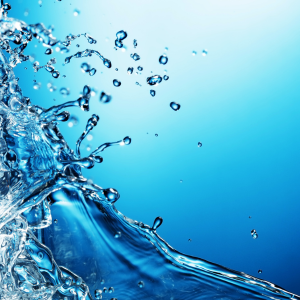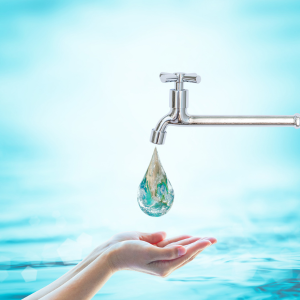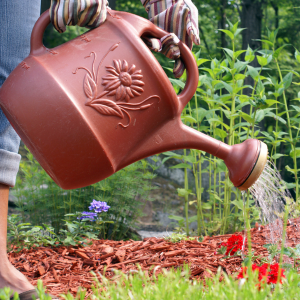
Water requires treatment prior to, and after use, and is pumped and pressurised to reach homes; all of which requires energy, contributing to the production of greenhouse gas emissions. Additionally, energy is required to heat the water in your homes.
Reducing water usage and waste is another method of reducing your impact on the environment.

Water Saving Calculator
Thames Water provide a handy water saving calculator which, following the input of some information about your household’s water and energy usage, will provide you with a personalised water report, helping understand where you might be able to save on your usage.
Conserving Water
Ofwat, the regulatory body for the water industry in England and Wales, provide a list of 9 water saving tips on their website.
These include washing fruit and veg in a bowl rather than using running water; waiting for full loads before using washing machines and dishwashers; and taking a shower instead of a bath.
The Energy Saving Trust also provide advice, including ensuring you only boil as much water as you need when making hot drinks, reducing your time in the shower, and making sure your taps don’t drip.


Water Butts
If you have a garden, and the space, consider using a water butt to store rainwater which can then be used to water the garden, rather than using a hose attached to the mains water supply.
Water butts come in a range of shapes and sizes, so even the smallest gardens can usually fit one, and they can be bought for as little as £30.

